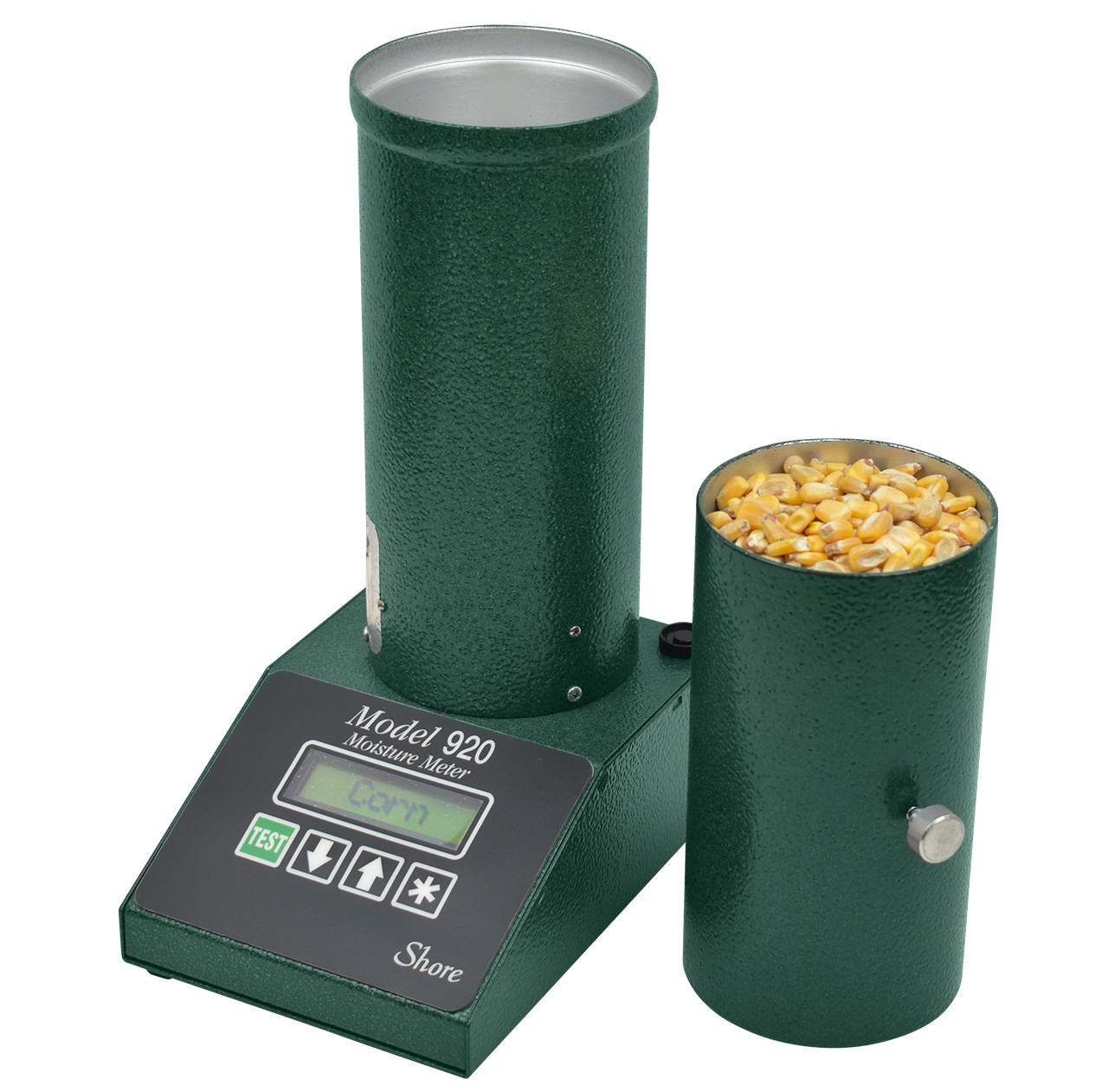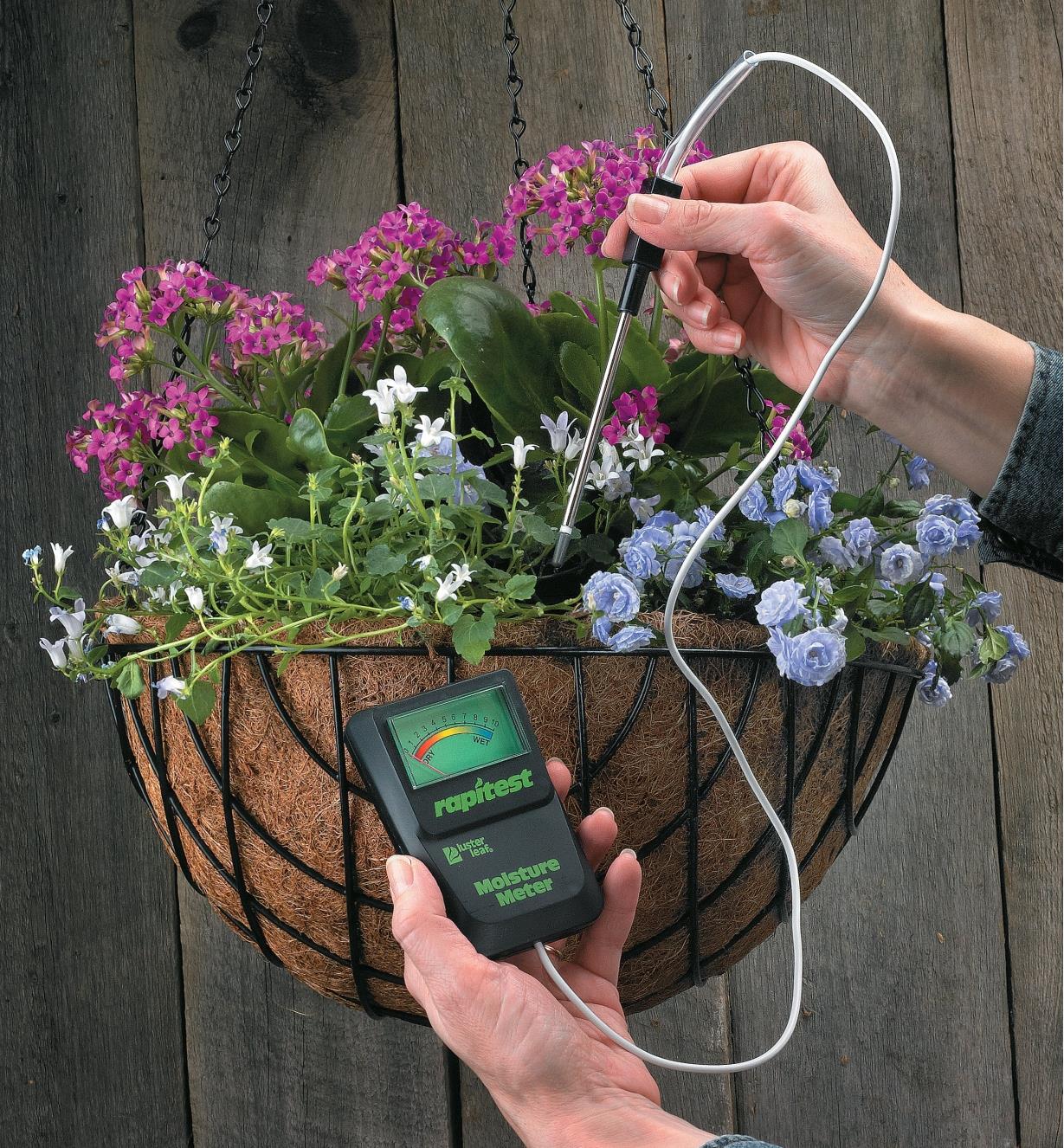How to Utilize a Moisture Meter to Detect Concealed Water Damages in Your Property
How to Utilize a Moisture Meter to Detect Concealed Water Damages in Your Property
Blog Article
The Ultimate Overview to Moisture Meters: A Comprehensive Review and Exactly How They Can Save You Cash
In the world of building upkeep, building and construction, and numerous markets, the relevance of accurately gauging dampness levels can not be overemphasized. Dampness meters act as essential tools in discovering and monitoring moisture web content in materials, helping in preventing costly damages and guaranteeing the quality of items. Comprehending the subtleties of various sorts of dampness meters, their applications, and the possible cost-saving advantages they use can be a game-changer for professionals and companies alike. Discovering how these devices can not only enhance processes yet also add to monetary cost savings is a trip worth embarking on.
Kinds of Moisture Meters
Various kinds of wetness meters are readily available for different applications in numerous sectors. One common type is the pin-type wetness meter, which determines the electrical resistance between two pins inserted right into a material. This type is suitable for timber, drywall, and various other structure products. Pinless wetness meters, on the various other hand, use electromagnetic sensing unit plates to check a bigger area without causing damages to the material's surface area. These meters are optimal for swiftly evaluating dampness levels in large locations such as floors and wall surfaces.
Infrared moisture meters measure the thermal properties of a product to determine its wetness web content non-invasively, making them useful for applications where pin or pinless meters may not be suitable. Understanding the different types of wetness meters offered can help markets pick the most proper device for their details dampness measurement requirements.

Benefits of Making Use Of Moisture Meters

In addition, making use of moisture meters can lead to raised energy efficiency. By determining locations with high wetness levels, such as leaks or bad insulation, changes can be made to boost energy conservation and lower energy prices. In farming setups, moisture meters play an essential role in enhancing plant returns by enabling farmers to check soil dampness degrees and make notified irrigation decisions. Overall, the benefits of making use of wetness meters cover across numerous industries, offering economical remedies and promoting much better quality assurance practices.
Just How to Pick the Right Moisture Meter
Choosing the proper wetness meter involves thinking about essential variables such as material compatibility, dimension range, and calibration precision. When picking a dampness meter, it's important to make sure that the meter is ideal for the particular product you why not check here will be testing. Different materials have differing electrical buildings that can impact dampness analyses, so picking a meter developed for your material is critical for exact outcomes. In addition, take into consideration the measurement series of the dampness meter. Ensure that the meter can find dampness degrees within the range needed for your applications. Calibration precision is another crucial factor to remember (Moisture Meter). Opt for a dampness meter with reputable calibration to guarantee precise and regular analyses. Some meters may need regular calibration modifications, so recognizing the calibration process is very important. By very carefully reviewing these aspects, you can select a moisture meter that meets your requirements and gives exact moisture measurements for your tasks.
Appropriate Methods for Moisture Meter Usage
To make sure accurate dampness readings and make best use of the performance of a moisture meter, utilizing appropriate techniques is essential. When using a pin-type wetness meter, insert the pins or probes right into the product being tested until they make complete contact. Make certain the pins are perpendicular to the surface to obtain the most exact reading. For pinless wetness meters, hold the device flat against the product and relocate it slowly to cover the entire location for an ordinary reading. It's essential to calibrate the wetness meter according to the material being tested to improve accuracy. Take several readings across the surface area and typical them out for a more dependable result. In addition, ensure that the product being tested is accustomed to the environment to protect against manipulated readings. Regular upkeep of the wetness meter, such as cleansing the pins or sensor, is also important to ensure accurate and constant readings. By following these appropriate methods, customers can depend on their dampness meter to supply credible dampness levels, assisting in stopping expensive damages or guaranteeing top quality in various applications.

Cost Cost Savings Via Moisture Meter Applications
Just how can the tactical usage of dampness meters lead to considerable price savings across numerous sectors? In the agriculture industry, dampness meters help in establishing visit homepage the optimal time for collecting plants, avoiding over-drying or excess wetness that can affect the final product's top quality.

In addition, in the food processing industry, moisture meters are vital for keeping an eye on product top quality and guaranteeing compliance with safety and security laws. By properly determining wetness content in foodstuff, makers can stop putridity, keep quality, and reduce waste, causing significant expense savings. On the whole, the calculated application of wetness meters is a useful financial investment that can cause considerable cost reductions and boosted performance across various sectors.
Conclusion
In verdict, moisture meters are useful tools for discovering and determining dampness degrees in numerous materials. By utilizing the right moisture meter and adhering to correct strategies, customers can efficiently stop costly problems triggered by excess dampness. Buying a top quality moisture meter can cause significant price financial savings in the future by recognizing potential problems early and making it possible for prompt remediation. Eventually, moisture meters are vital instruments for preserving the honesty and durability of frameworks and products.
Dampness meters serve as important tools in detecting and checking moisture web content in materials, helping in preventing pricey damages and making certain the top quality see it here of items. Infrared moisture meters measure the thermal residential properties of a material to establish its dampness web content non-invasively, making them beneficial for applications where pin or pinless meters may not be appropriate.Wetness meters provide invaluable benefits in accurately checking and assessing wetness levels in diverse materials and settings. In farming settings, wetness meters play a critical function in optimizing plant returns by enabling farmers to keep an eye on soil dampness levels and make notified irrigation decisions.In final thought, moisture meters are beneficial devices for identifying and determining moisture levels in different materials.
Report this page